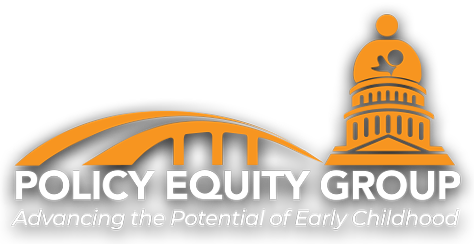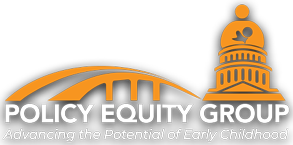Who We Are
Perhaps the best advice we received when starting our organization was: “You have to know your why.” Everyone should have a core story that drives them. We wanted to share ours.
Frannie Einterz
One of the first things most people learn about me is that I’m proudly from the Midwest. A strong sense of communal responsibility was engendered in my upbringing and is a driving force for my work.
Growing up, there were consistently blurred lines between family and friends: our friends were also our family. My parents literally practiced an open-door policy, and I would frequently arrive home to find friends and extended family napping on our couch, chatting with my mom in the kitchen, or dropping off their kids for temporary child care. Despite having six of us to wrangle and her own limited budget, my mother always found extra seats at the table and another serving of homemade food.

This interconnection of food, family, health, and community inspired my undergraduate studies. In college I managed the on-campus student garden and threw myself into the study and support of local food systems. My first position after college supported small farmers across Indiana and worked to address hunger in my local community. I found it depressingly ironic that so many of the farmers and farm workers who ensured I had food on my table often could not afford their own. Consequently, I sought out a graduate program to engage in understanding the overlap of health outcomes and food systems and study how they could be improved, especially for marginalized women and children.
While at UC Davis completing my graduate degree in community development, I had the opportunity to examine social determinants of health, especially as they related to food and nutrition. I was privileged to immerse myself in and learn from a community whose economy was dependent on migrant farm work in the Central Valley of California. It quickly became apparent that some of the more complicated issues confronting these communities had been created by careless legislative or regulatory decisions and could potentially be resolved with improved policy.
Driven by the knowledge that I could be a better community advocate if I understood the legislative process, I took a position as a legislative fellow with the Women’s Congressional Policy Institute and later worked as a legislative assistant for Rep. Katherine Clark, where my focus on supporting women and children continued to grow.
In these roles, I was struck by the challenges of creating policies to ensure that health and well-being would be attainable for all American families, and I craved more dedicated time for in-depth study of these programs. This brought me to the Early Childhood Initiative at the Bipartisan Policy Center, where I delved into research and advocacy focused on policies impacting the outcomes of young children.
All of the lessons and legislation I learned at these workplaces led me to my position with the Policy Equity Group, where I am delighted to apply what I have learned and continue to hold close the lessons from my childhood. The sense of self, safety, and contentment I felt within the community of my childhood home is something I want every young person to experience. Every homemade meal shared with those I loved reinforced how interwoven food, family, health, and community truly are.

